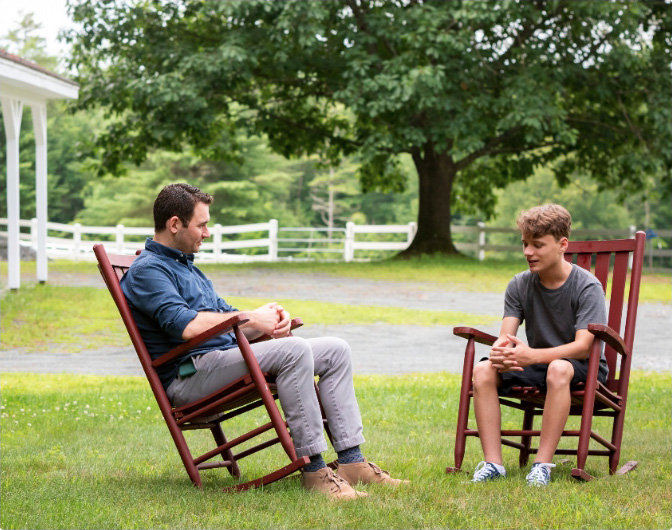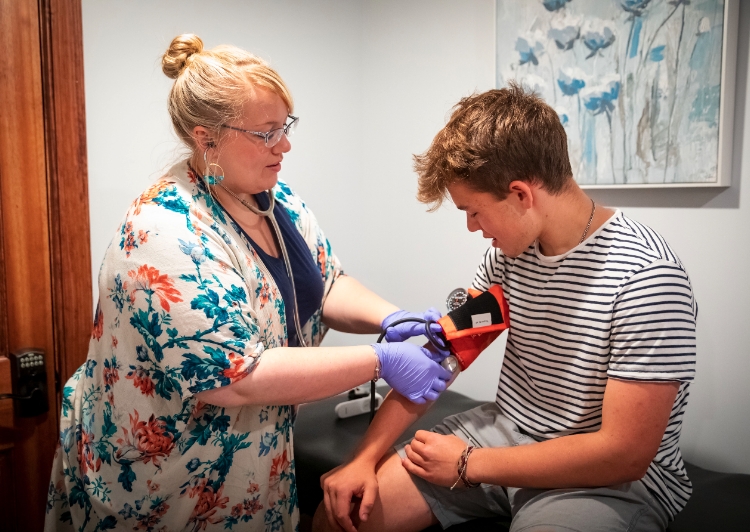
Treatment
We provide as customized course of evidence-based treatment to individuals struggling with anxiety and related disorders. At the core of our program is exposure and response prevention (ERP) therapy, widely recognized as the gold standard treatment for anxiety. ERP is designed to help residents move systematically and compassionately toward their fears at a manageable pace in simulated and real-life situations. This “exposure” approach to anxiety reverses the spiral of retreat that is at the core of problem anxiety. Along with ERP, our clinicians are specialty trained in other complementary research validated modalities, including occupational therapy, acceptance and commitment therapy (ACT), cognitive behavioral therapy (CBT), narrative therapy, and other approaches designed to help individuals gradually face and conquer their fears so that they can confidently re-engage their everyday lives.
What We Treat
Mountain Valley specializes in the treatment of:
- Generalized Anxiety Disorder
- Social Anxiety Disorder
- Separation Anxiety Disorder
- Panic Disorder
- Agoraphobia
- Other specific phobias
- Obsessive Compulsive Disorder (OCD)
- OCD related disorders (hoarding, body dysmorphia, etc.)
- Acute stress disorder
Common comorbid conditions include:
- Attention Deficit and Hyperactivity Disorder (ADHD)
- Autism Spectrum Disorder (ASD)
- Nonverbal learning disability (NVLD)
- Depression

Treatment Modalities & Services Provided
Therapeutic Modalities
- Exposure and Response Prevention (ERP)
- Cognitive Behavioral therapy (CBT)
- Acceptance and Commitment Therapy (ACT)
- Supportive Parenting for Anxious Childhood Emotions (SPACE)
- Experiential Therapy (art, animals, adventure, stewardship, etc.)
Services Provided
- Individual Therapy
- Group Therapy
- Family Therapy
- Occupational Therapy
- Parent Coaching
- Case Management
- Medication Management
- Clinically Informed Academics
Exclusions
Although Mountain Valley specializes in the treatment of anxiety and related disorders, anxiety can come with a wide range of comorbidities. Our program is most effective when:
- Anxiety is the primary cause of functional impairment
- Exposure and Response Prevention (ERP) is the recommended treatment
- The individual and their family are motivated for change.
If you have questions about whether you or someone you know is appropriate for our program, please reach out to admissions@mountainvalleytreatment.org.
